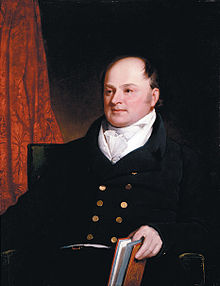user2334
user2334
user2334
user2334
user2334
user2334
user2334
user2334
user2334
user2334
user2334
user2334
user2334
user2334
user2334
user2334
user2334

